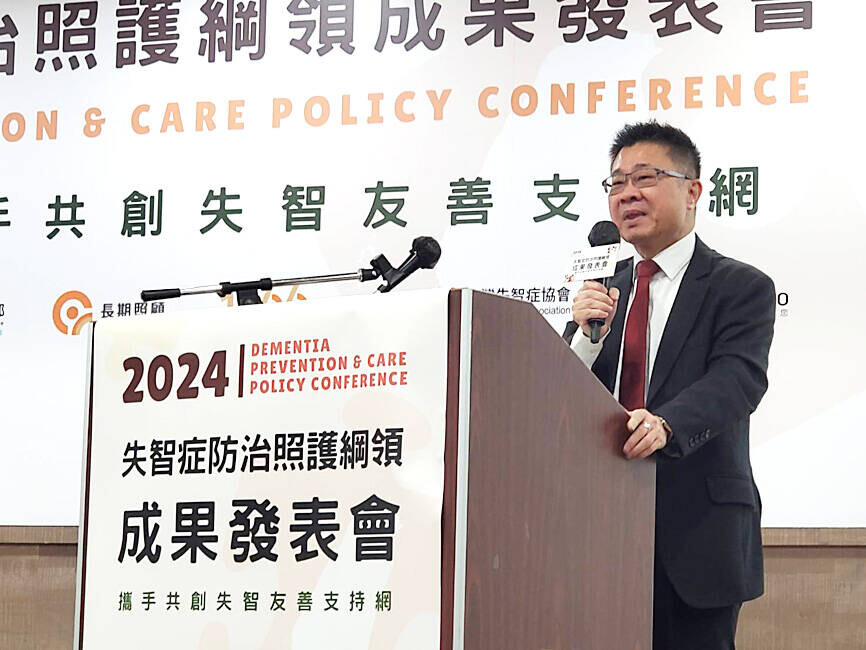
Taiwan's Ministry of Health and Welfare announced on Monday that it has approved the first drug specifically targeting Alzheimer's disease.
Deputy Minister of Health and Welfare, Luo Chien-te, hailed the approval as a significant breakthrough and stated that the ministry will work with the National Health Insurance Administration to facilitate the inclusion of this drug in the national health insurance program.
Hsu Wen-chun, president of the Taiwan Alzheimer's Association, said at a press conference that discussions will continue in the coming months to determine which patients will be eligible for the drug.
Hsu emphasized that drug accessibility would make a significant difference, and with more options available, more people would be encouraged to undergo early screening, diagnosis, and intervention.
He explained that while current Alzheimer's treatments focus on managing symptoms rather than the disease itself, the newly approved drug directly targets Alzheimer's through intravenous injections. It is primarily targeted at patients with mild impairments, he added.
According to an 18-month clinical trial of the drug, it can delay degeneration by about 5 to 7 months, but it is not suitable for asymptomatic or severely ill patients.
He also mentioned the existence of side effects such as bleeding, adding that Alzheimer's patients with the ApoE 4/4 gene variant are at a particularly high risk of serious side effects.
Alzheimer's disease accounts for 60% of dementia cases, and Hsu emphasized that patients should undergo tests to confirm an Alzheimer's diagnosis and severity, as well as genetic testing to check for specific markers before using the drug.
Chu Chien-fang, director of the long-term care department at the National Health Research Institutes, said that according to a national study on dementia and disabilities conducted from 2020 to last year, the prevalence of dementia among the population aged 65 and over was 7.99%.
Nationwide, approximately 360,000 people have been diagnosed with dementia, with 17% experiencing "very mild" symptoms and 34% experiencing "mild" symptoms.
Deputy Minister Luo said that President Tsai Ing-wen's "Healthy Taiwan" policy promises to reform dementia care by focusing on improving accessibility and building an integrated service system.
Chu added that due to the COVID-19 pandemic, the expansion of dementia care resources has stagnated at around 500 facilities, failing to keep pace with the growing number of patients. Starting next year, medical institutions will be able to establish care facilities in communities, receiving expert advice and guidance to provide better care, Chu added.
[Copyright (c) Global Economic Times. All Rights Reserved.]






























